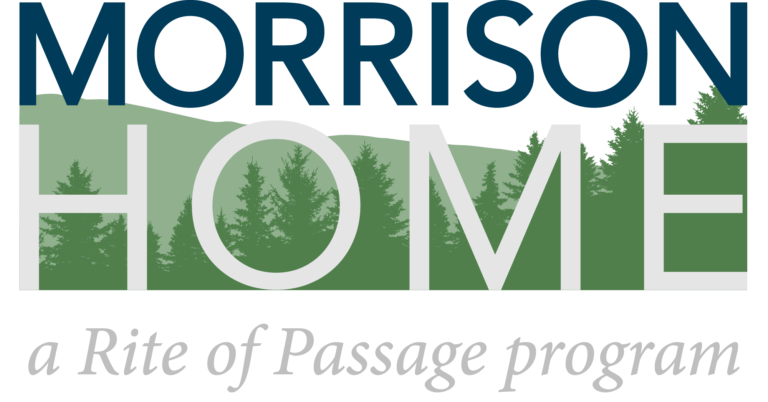Therapeutic Services
The Morrison Home therapist provides weekly one-on-one meetings with the students. Family therapy services are encouraged to work towards discharge and transition goals. Each student meets weekly with the therapist in a group setting to address issues, such as identification of triggers and enhancement of coping skills.
Services and treatment approaches include the following:
Cognitive Behavioral Therapy
Cognitive behavioral therapy (CBT) is a form of psychological treatment that has been demonstrated to be effective for a range of problems including depression, anxiety disorders, alcohol and drug use problems, marital problems, eating disorders, and severe mental illness. CBT treatment also usually involves efforts to change behavioral patterns.
CBT treatment usually involves efforts to change thinking patterns. These strategies might include:
- • Learning to recognize one’s distortions in thinking that are creating problems, and then to reevaluate them considering reality.
- • Gaining a better understanding of the behavior and motivation of others.
- • Using problem-solving skills to cope with difficult situations.
- • Learning to develop a greater sense of confidence in one’s own abilities.
- • CBT treatment also usually involves efforts to change behavioral patterns.
Anger Management Therapy
Anger management therapy techniques can involve understanding your triggers and responses to anger, learning strategies to manage or diffuse it, and changing thoughts and attitudes related to anger.
Solution Focused Therapy
Solution-Focused Brief Therapy (SFBT) is a short-term goal-focused evidence-based therapeutic approach, which incorporates positive psychology principles and practices, and which helps clients change by constructing solutions rather than focusing on problems.


Integrated Care Model
The Attachment, Regulation, and Competency (A.R.C) model can help a client with their trauma by providing a framework for understanding and addressing the impact of trauma on an individual’s emotional regulation, relationships, and overall functioning.
The Attachment component of the ARC model focuses on helping the client to feel safe and secure in their relationships with others. This includes working with the client to build trust, improve communication, and develop healthy attachment patterns.
The Regulation component of the ARC model focuses on helping the client to regulate their emotions and physiological responses to stress. This may involve teaching the client coping skills and strategies for self-regulation, such as mindfulness, relaxation techniques, and cognitive-behavioral therapy.
The Competency component of the ARC model focuses on helping the client to develop the skills and abilities necessary to function effectively in daily life. This may include helping the client to build self-esteem and self-efficacy, improve problem-solving skills, and build a sense of purpose and meaning in their life.
Motivational Interviewing
“Motivational Interviewing is a collaborative, goal-oriented style of communication with particular attention to the language of change. It is designed to strengthen personal motivation for and commitment to a specific goal by eliciting and exploring the person’s own reasons for change within an atmosphere of acceptance and compassion.” (Miller & Rollnick, 2013, p. 29)

